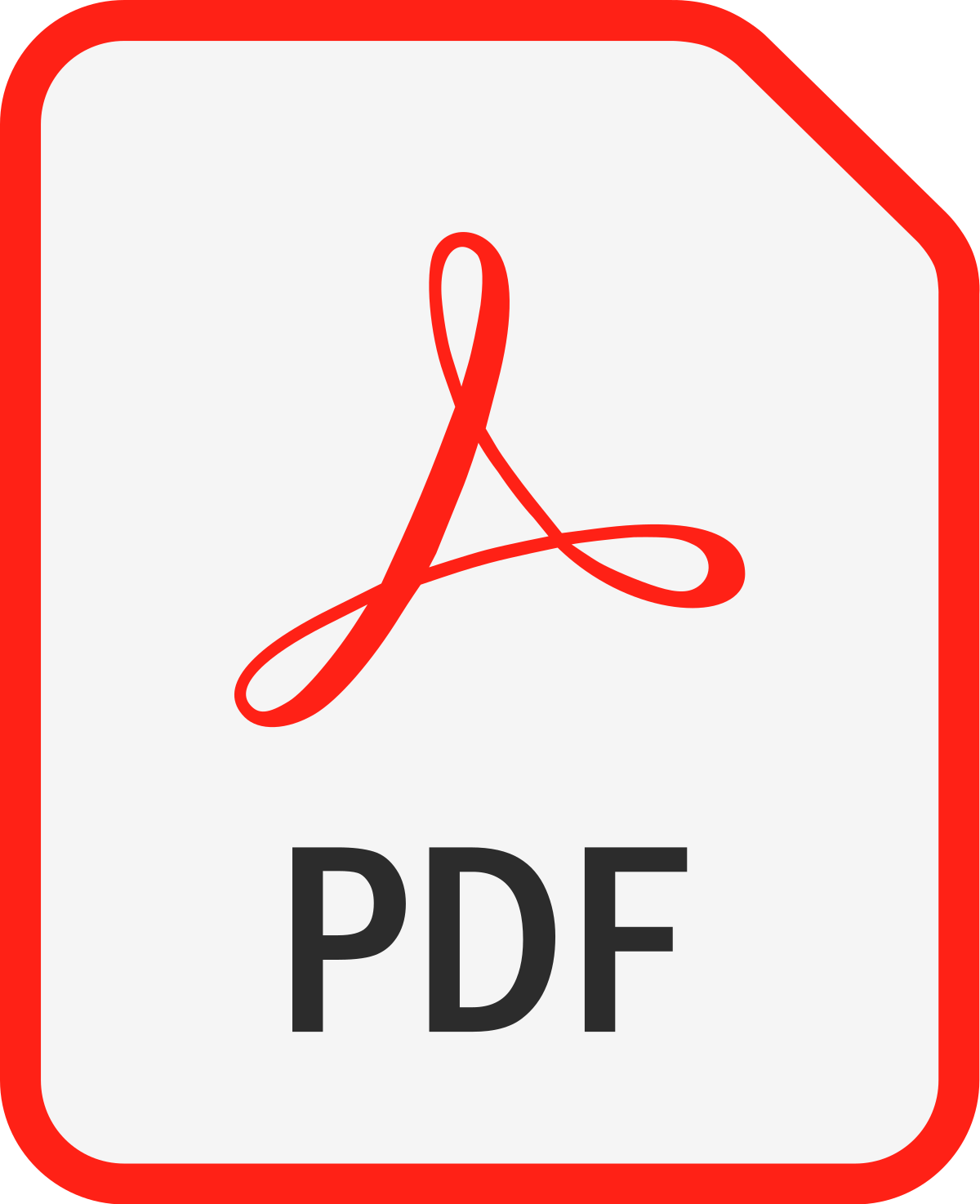January 28-30 2026 in Geneva University (Grand Auditoire de Physique – École de Physique, 24 quai Ernest-Ansermet)
Theme 1: Pathways of the past – Interdisciplinary approaches to ancient populations mobility
Invited speaker: Marco Milella, Department of Biology, University of Pisa, Pisa, Italy
"Mobility and Social Dynamics Across the Alps during the Late Iron Age"
The mobility of human populations is a central theme in the study of past societies. It can take many forms: individual or collective, voluntary or forced, regular or occasional, short or long-distance, temporary or permanent, over the course of a single lifetime or multiple generations. To fully grasp these dynamics, it is often essential to establish a dialogue between different disciplines.
The aim of this session is to highlight the importance of interdisciplinary approaches in exploring the diverse forms of mobility in ancient societies.
This session will bring together research that relies on interdisciplinary approaches, combining and integrating data from multiple fields (e.g. bioanthropology, archaeology, palaeogenomics, isotope geochemistry) to refine, deepen and enrich our understanding of population dynamics in the past.
Key words: population dynamics, migration, paleogenomics, isotopes, cultural exchanges, networks, social interactions
Scientific committee: Camille de Becdelièvre, Jocelyne Desideri, Caroline Polet, Maïté Rivollat, Déborah Rosselet-Christ
Theme 2: Wounded bodies, violent societies – Multiple lenses on interpersonal violence in past societies
Invited speaker: Linda Fibiger, School of History, Classics and Archaeology, University of Edinburgh, Edinburgh, United Kingdom
"Exploring the emergence of warfare and gendered violence in prehistoric Europe"
The study of interpersonal violence is a particularly insightful lens through which we can approach the sociocultural, economic and political dynamics of ancient societies. Individuals bearing evidence of trauma are frequently identified in archaeological contexts; but are they really signs of violence or simply accidental injuries? While it is not always easy to distinguish between the two, particularly in the most ancient periods, some contexts leave little room for doubt.
This session invites contributions based on interdisciplinary approaches, aiming to identify not only the tangible manifestations of interpersonal violence (e.g. trauma, weapons, iconography) within past human communities, but also the social constructions associated with such violence.
Key words: traumas, paleopathology, warfare, conflict, social violence
Scientific committee: Anouk Bystritzsky, Bérénice Chamel, Antony Colombo, Julie Debard, Christopher Knusel
Theme 3: Scientific breaking news
Scientific committee: Nathan Badoud, Ameline Bardo, Laura Maréchal, Audrey Poncet, Floriane Rémy
Programm: 
Scientific Committee |
Organising Committee |
|
|